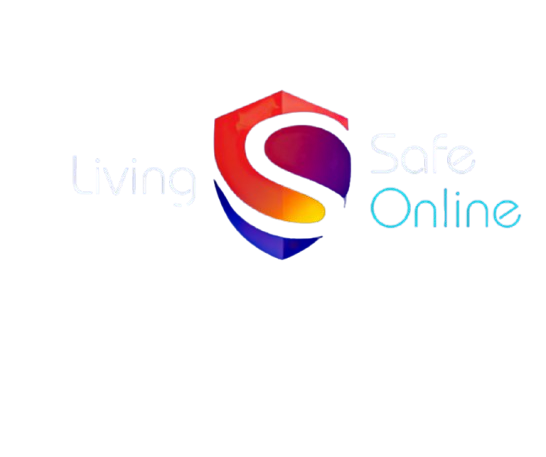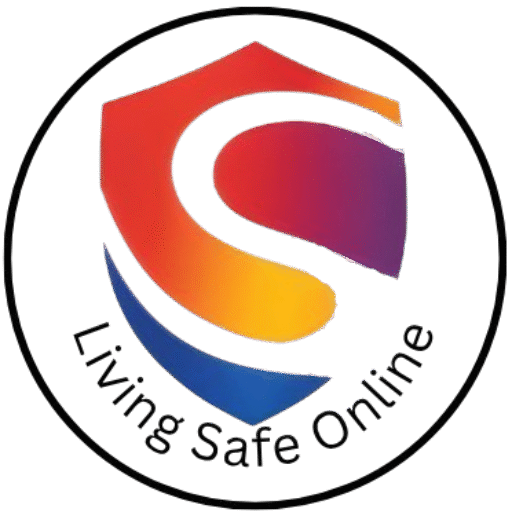By Olivia Powell Contributions from Krishi Chowdhary
Are VPNs safe?
Yes, VPNs are generally safe to use. If you don’t want to second-guess your choice of a secure VPN, make sure you pick one from our list of the best VPN services—all of them follow a strict no-logs policy, support the most secure protocols (WireGuard, OpenVPN, and IKEv2), offer industry-standard AES-256 encryption, and come with security features like a kill switch and leak protection.
Is it legal to use a VPN?
In most countries around the world, using a VPN is legal as long as you use it for legitimate purposes such as protecting your privacy. However, if you use a VPN for illegal activities, such as sidestepping a game provider’s Ts&Cs or downloading copyrighted content, it can be considered a crime regardless of your location.
It’s also worth noting that there are countries like North Korea, China, Russia, Turkey, UAE, and Oman that do not allow VPNs to operate freely—they’ve either banned all VPNs or allowed only government-approved providers.
Are VPNs easy to use?
Most leading VPN services, especially the best beginner VPNs, are all very easy to set up and use on various devices, including Windows, Mac, iOS, Android, Linux, Smart TV, and router.
For instance, our top recommendation ExpressVPN boasts an intuitive one-click connect function so that you connect once and you’re always protected. Also, its proprietary Lightway protocol automatically picks the best server and encryption for your needs.
What is the best VPN for beginners?
ExpressVPN is the best VPN for beginners, thanks to intuitive interfaces and clean, simple designs across all its clients. You get a one-click connect functionality wherein you just tap the power button and you’re instantly protected.
It also shows a list of suggested servers so that you can quickly establish a fast and reliable connection—and its 24/7 customer support that’s always ready to help you out should you run into any issues is a much-needed perk that makes it a must-have for those new to VPNs.
HOW WE TEST VPNS
To make sure that we only recommend the best VPNs, Tom’s Guide experts get hands-on with every single VPN provider (popular and unpopular) every 6 months or so, conducting a series of tests to evaluate their ease of use, performance, usability, security, and value for money.
We follow our VPN testing methodology and begin at the provider’s website where we evaluate its claims and privacy policies. Next, we install the provider’s apps on all mainstream operating systems (Windows, Mac, Android, iOS, and Linux) and evaluate whether security essentials like kill switch and leak protection work as advertised.
While we’re fiddling with the apps, we also conclude whether the VPN is easy to use and value for money—to gauge if we can recommend it to beginners.
Additionally, we also test the VPN’s speeds across various devices, apps, and locations to get an accurate reading. Lastly, we put the provider’s unblocking capabilities under the scanner by throwing multiple big-name streaming services like Netflix and Disney at it.
Views: 0



Leave a Reply